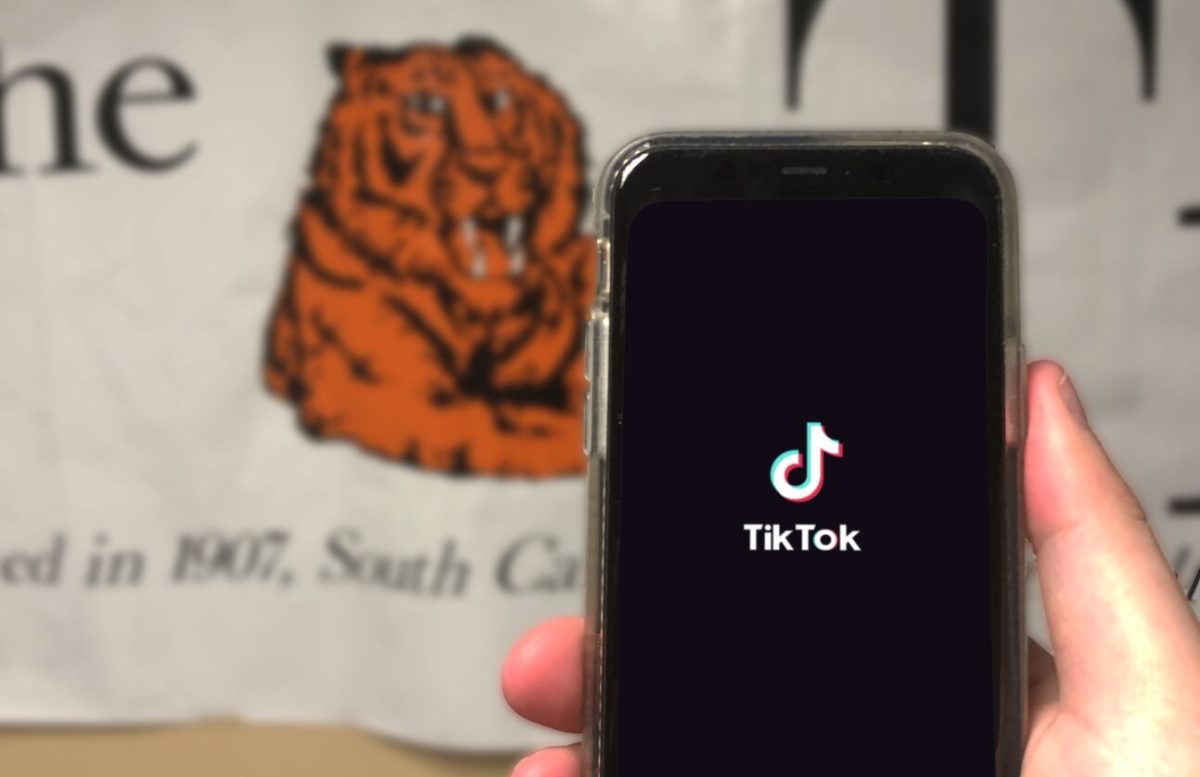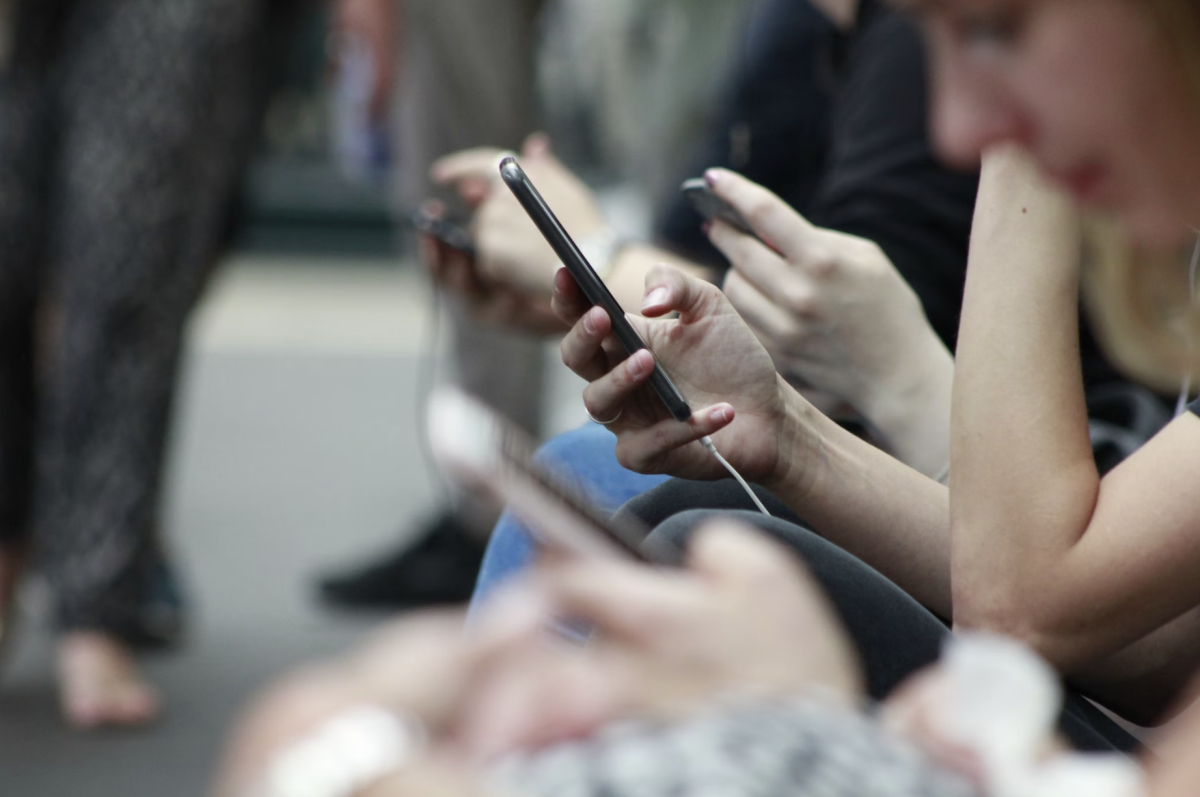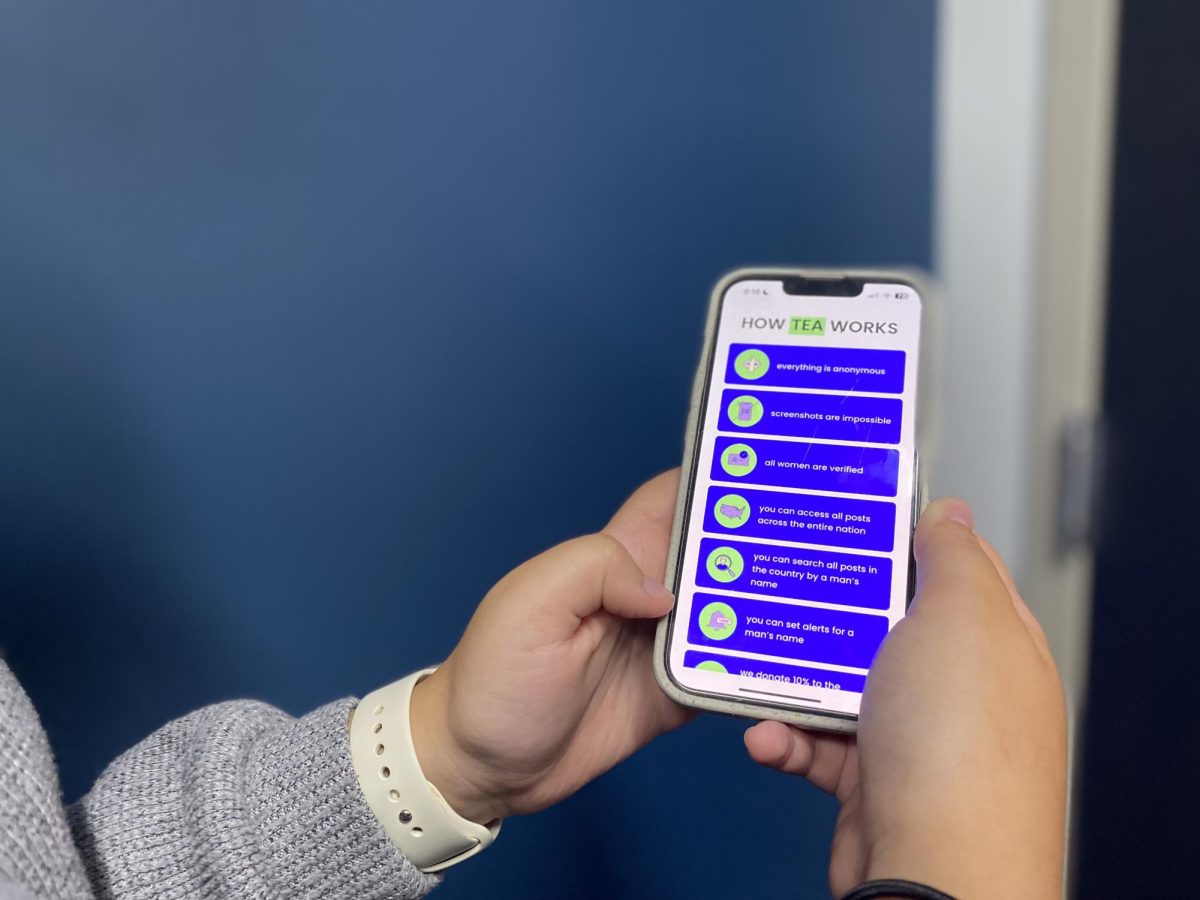In our formative years — when we first started to experience independence — whether in high school or the beginning of college, our ability to socialize was stunted by COVID-19 and the quarantine.
Because of this, the use of technology increased tenfold. In order to talk to anyone, we now need to rely on technology, and this reliance has severely impacted our ability to interact with others.
You may have noticed yourself in social settings wishing that you could have time to type out a response to fully think it through, or maybe you wanted to say something a little controversial and wish you had a screen that you could hide behind.
While these problems were prevalent before the lockdown, they were only worsened when we became dependent on technology, or rather, we noticed the desire more.
For example, technology and social media make it very easy to “click first and think later” and not think about the potential repercussions. We don’t always think about the accuracy of what we share or how it might impact others who see it.
The dependence on technology and socialization also impacts our relationships. Relying on communicating exclusively through social media “can sometimes detract from face-to-face interactions, leading to a sense of detachment and isolation,” making us feel more alone even if we have multiple people we talk to online.
Aside from the impact of technology on our general socialization, the use of technology creates a generational or interpersonal divide. With TikTok and Instagram reels being extremely popular ways to consume short-form videos and media, we now know online trends or slang that people who aren’t on social media — or are from a different generation — don’t understand, creating a division.
You may have heard the term brain rot, and depending on how much time you spend online, you know exactly what the term entails. A relatively large portion of the way we, as Generation Z, communicate with our friends and those around us relies on the media we consume. We speak in trends, slang and niche references that others might not understand.
If you’ve referred to a TikTok and the person you’re talking to does not understand what you are saying, then you probably know exactly how significant the divide is. It can make it seem as if we cannot communicate with others, whether it be a peer or someone in a different generation. We can feel like they don’t understand us simply because they don’t rely on social media and technology as much as we do.
The use of technology and social media is ruining our ability to talk with others, whether this be in the way we speak or our ability to socialize with others outside of our devices. We need to recognize that this is causing a multi-generational divide and reassess our consumption so that we can socialize with others without relying on technology and social media trends.
Lauren Douda is a freshman secondary education and English major from Lexington, South Carolina. Lauren can be reached at [email protected]










